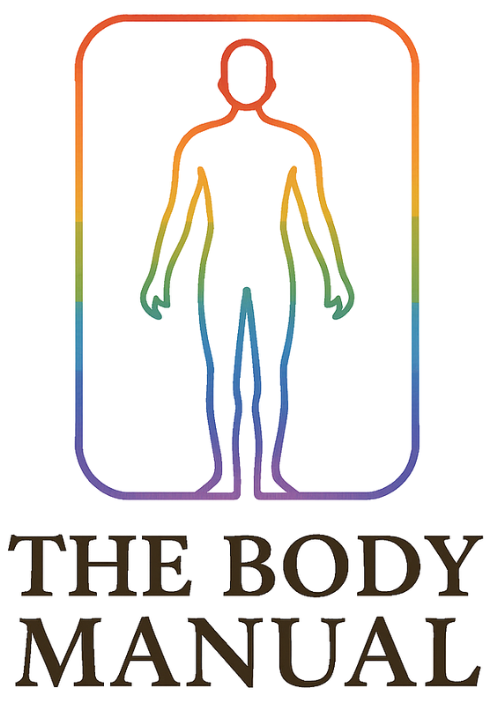Lessons from Dr. Zachary LaVigne, B.S., D.C.
Your Built-In Alarm That’s Always Going Off

Imagine you’re shopping for a brand-new car. You want the best: lane assist, automatic braking, collision avoidance. One feature that would be a must-have? A system that instantly reacts when danger strikes, it tightens the seatbelt, braces the suspension, and pumps the brakes. That’s your fight-or-flight response. It’s not just a nervous system function; it’s a high-end safety feature built into your body.
And it’s saved our lives for millennia.
Back when our ancestors roamed the savannah, this stress response system (technically called the sympathetic nervous system) was a game-changer. You hear a twig snap in the dark: your pupils dilate, blood rushes to your muscles, your heart pounds, your digestion halts. In a blink, you’re ready to run or fight. Survival mode: engaged.
Here’s the kicker, though. That same system is firing today, not because we’re being stalked by lions, but because of email dings, traffic jams, financial worries, and doomscrolling past the latest news cycle. That life-saving system? It’s been hijacked by modern life. And now it’s wrecking our health.

When the Alarm Won’t Shut Off
The sympathetic nervous system was designed for short bursts of danger, not endless hours of low-grade stress. So when it’s always on, your body pays the price.
Digestion? Paused. The body shuts down the gut when it thinks you’re in danger. Why waste energy digesting lunch when you might need to run for your life? This constant interruption can lead to bloating, indigestion, and chronic gut issues.
Sleep? Forget it. You can’t rest when your brain thinks there’s a threat nearby. Elevated cortisol keeps you wired, even when you’re exhausted. And without deep sleep, your body can’t repair itself.
Healing? Slowed. Blood flow is prioritized to your limbs, not your organs. That means your immune system and tissues get fewer resources. You take longer to recover from injuries or illness.
Sick Days? Up. Chronic stress weakens immunity. You’re not more exposed to viruses; your body’s just too drained to fight them off.
Reclaiming Control
Luckily, the body has a counterpart to the sympathetic system: the parasympathetic nervous system, often called “rest and digest.” It’s like flipping the switch back to “safe mode.” And unlike the built-in car feature, this one is activated not by a button, but by how we live.
Breathe slowly. Deep belly breathing signals to your brain that you’re safe. Try inhaling for 4 counts, exhaling for 8.
Move your body. Gentle walking, stretching, or dancing can help burn off excess adrenaline and bring you back to baseline.
Touch nature. We evolved outdoors. Touching trees, walking barefoot, even just seeing green spaces, helps regulate the nervous system.
Disconnect. Silence the notifications. Take breaks. Sit without scrolling. Let your nervous system know: there is no tiger here.

Back to Our Roots
We weren’t made to live under constant threat. In our ancient world, the danger came and went, but so did peace, quiet, and community. We’d run for our lives, yes, but then we’d return to the fire, surrounded by tribe, eating and resting under the stars. That rhythm is in our DNA. We just have to remember it.
So yes, keep the fight-or-flight system. It’s a feature you want. But you don’t want it running full throttle on your morning commute or while you’re trying to fall asleep. Learn to turn it off when you don’t need it. Your digestion, your sleep, your healing, and your whole body will thank you.

